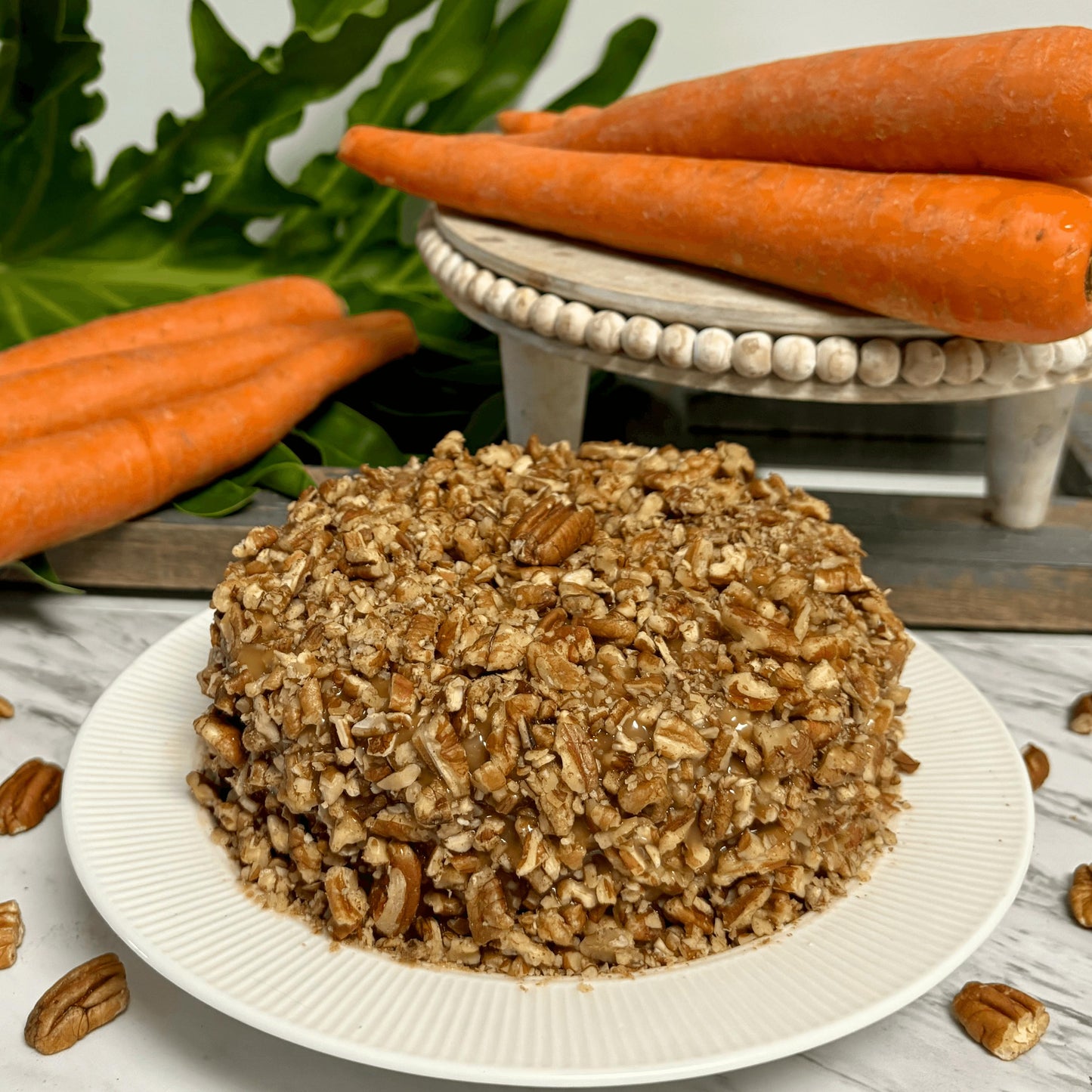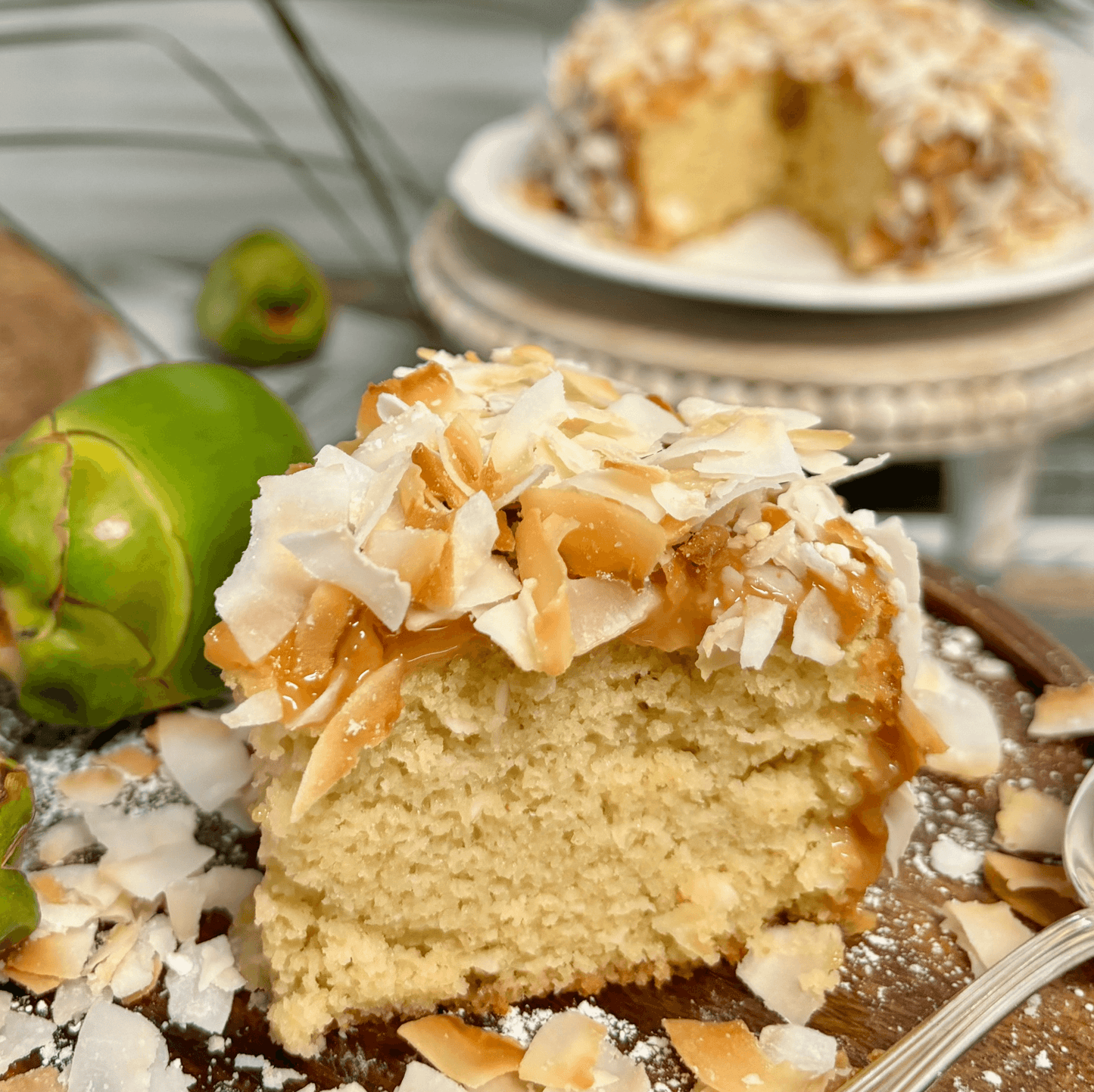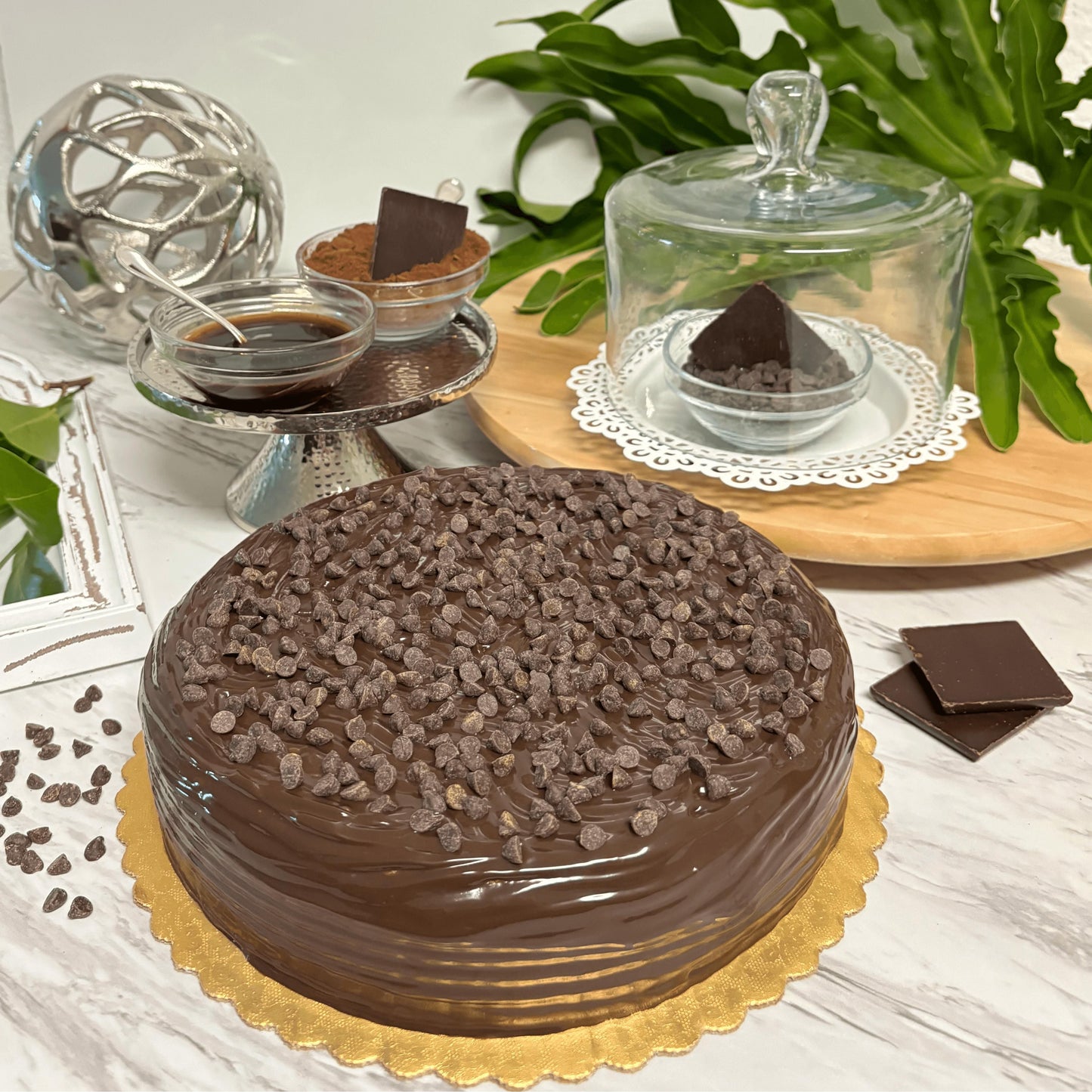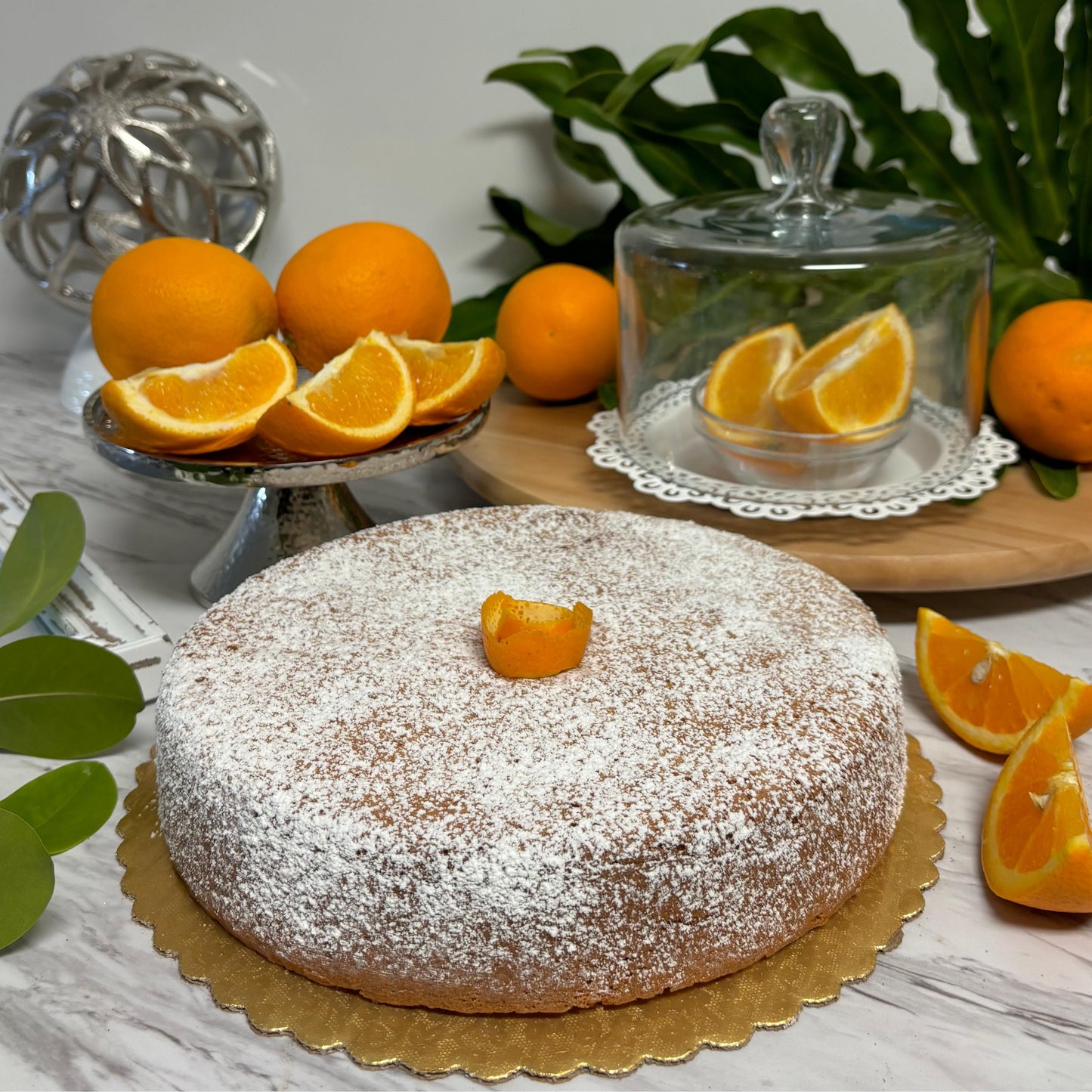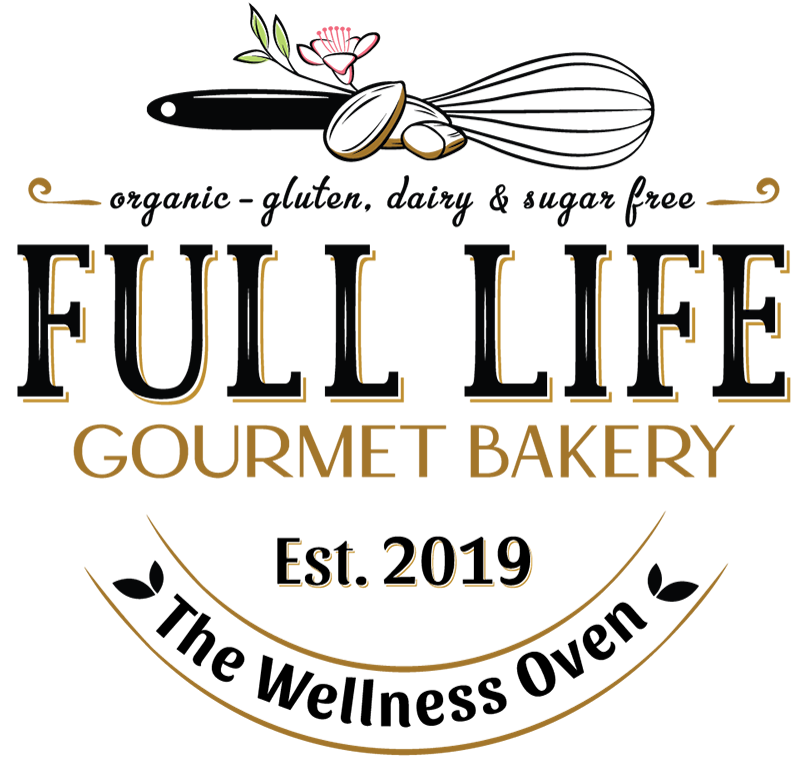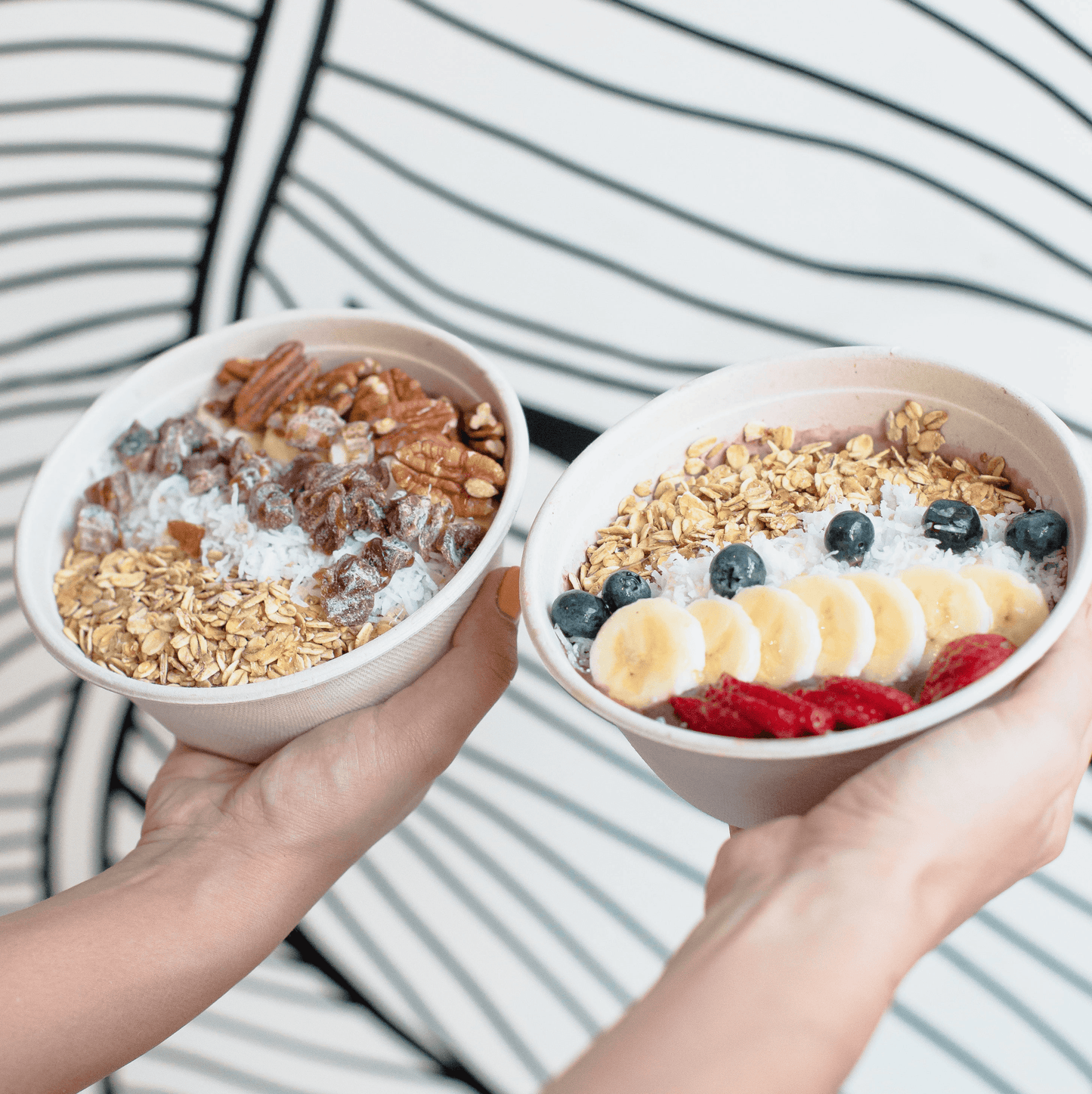
Eating nutrient-dense foods is an essential part of maintaining a healthy lifestyle. Incorporating these foods into your baking can be a smart and satisfying way to boost your nutritional intake without sacrificing the flavors you love. This article will delve into the benefits of adding nuts, seeds, and fruits to your baked goods, enhancing their nutritional profile, and sharing three delightful recipes that are easy to make at home.
Understanding Nutrient-Dense Foods
Nutrient-dense foods are those that provide a high amount of vitamins, minerals, and other essential nutrients relative to their caloric content. Nuts, seeds, and fruits are prime examples. By adding these ingredients to your baking, you can create delectable treats that are not just indulgences but also contribute to your overall well-being.
Nuts in Baking: A Crunch of Nutrients
Almonds, walnuts, pecans, hazelnuts, and more – these are no mere garnishes. Nuts bring a plethora of benefits to your baked goods. They are loaded with heart-healthy monounsaturated and polyunsaturated fats, protein, fiber, and essential minerals like magnesium and selenium. Nuts lend a distinctive flavor and a delightful crunch to your baked goods. They can be incorporated into your recipes in various forms – whole, chopped, ground into flour, or as a butter. For example, almond flour is a great gluten-free alternative, rich in protein and fiber, lower in carbohydrates than regular flour, and perfect for those following a low-carb or paleo diet. Nut butters, on the other hand, can be a brilliant substitute for some fats, adding moistness and rich flavor to your treats.
Seeds: Small in Size, Big on Nutrients
Seeds, although tiny, pack a punch when it comes to nutrition. They're high in fiber and healthy fats, particularly omega-3 fatty acids, and abundant in essential vitamins and minerals. Flaxseeds, chia seeds, sunflower seeds, sesame seeds – these tiny powerhouses can elevate your baked goods in both nutrition and taste. The versatility of seeds is impressive. Chia or flax seeds can replace eggs in vegan baking, providing binding while significantly boosting fiber and omega-3 content. Sesame or sunflower seeds can add texture and nutrients when sprinkled on bread or mixed into cookies. Seed flours, like sunflower seed or pumpkin seed flour, offer a nutritious and gluten-free alternative to regular flour.
Fruits: Bursting with Flavor and Nutrients
Adding fruits to your baked goods not only enhances their flavor profile but also significantly boosts their nutrient content. Fruits are rich in dietary fiber, vitamin C, potassium, and various antioxidants. They also provide a natural sweetness, which can help reduce the need for added sugars in your baking. Whether you use them fresh, dried, or pureed, fruits can transform your baked goods. Berries, chopped apples, bananas, raisins, dates, or dried apricots can all lend their unique flavors and nutrients to your creations. Fruit purees like unsweetened applesauce or mashed bananas can even substitute some or all the fat in a recipe, providing moisture for a tender texture while reducing calorie and fat content.
Recipe Time: Nourish and Indulge
Now that we've discussed the why and the how, let's put theory into practice with three simple and delicious recipes incorporating these nutrient-dense ingredients.
1. Banana Walnut Bread
- Ingredients: 2 ripe bananas, 1/3 cup melted coconut oil, 1/2 cup honey, 2 eggs, 1/4 cup milk, 1 teaspoon baking soda, 1 teaspoon vanilla extract, 1/2 teaspoon salt, 1/2 teaspoon ground cinnamon, 1 3/4 cups whole wheat flour, 1/2 cup chopped walnuts.
- Instructions: Preheat oven to 325 degrees F (165 degrees C). In a large bowl, beat ripe bananas with a fork until completely smooth. Stir in the melted coconut oil. Add baking soda and salt. Stir in honey, beaten eggs, and milk. Add whole wheat flour and walnuts to the banana mixture and mix until just combined. Pour into a greased 9x5 inch loaf pan. Bake for 60 minutes or until a toothpick inserted into the center comes out clean.
2. Oatmeal Raisin Cookies with Sunflower Seeds
- Ingredients: 3/4 cup whole wheat flour, 1 1/2 cups oats, 1/2 teaspoon baking soda, 1/2 teaspoon cinnamon, 1/4 teaspoon salt, 1/2 cup honey, 1/4 cup unsweetened applesauce, 1 egg white, 1 teaspoon vanilla extract, 1/2 cup raisins, 1/4 cup sunflower seeds.
- Instructions: Preheat the oven to 350 degrees F (175 degrees C). Combine the flour, oats, baking soda, cinnamon, and salt. In another bowl, mix the honey, applesauce, egg white, and vanilla extract. Add the wet ingredients to the dry, then fold in the raisins and sunflower seeds. Drop by the spoonful onto a greased cookie sheet. Bake for about 12-14 minutes or until golden.
3. Berry Almond Breakfast Muffins
- Ingredients: 2 cups almond flour, 1/2 teaspoon baking soda, 1/8 teaspoon salt, 3 large eggs, 1/4 cup honey, 1/2 teaspoon almond extract, 1 cup fresh mixed berries, 1/4 cup sliced almonds.
- Instructions: Preheat your oven to 350 degrees F (175 degrees C). In a large bowl, mix the almond flour, baking soda, and salt. In a separate bowl, whisk the eggs, honey, and almond extract until well combined. Mix the wet and dry ingredients together, then gently fold in the mixed berries. Divide the batter into a greased muffin tin, top with sliced almonds, and bake for about 20-25 minutes or until golden and firm.
In conclusion, adding nuts, seeds, and fruits to your baking can significantly enhance the nutritional value of your creations, making them not just tasty, but also a part of a balanced, healthful diet. The three recipes above offer a glimpse into how you can incorporate these nutrient-dense foods into your baking. Happy baking!
